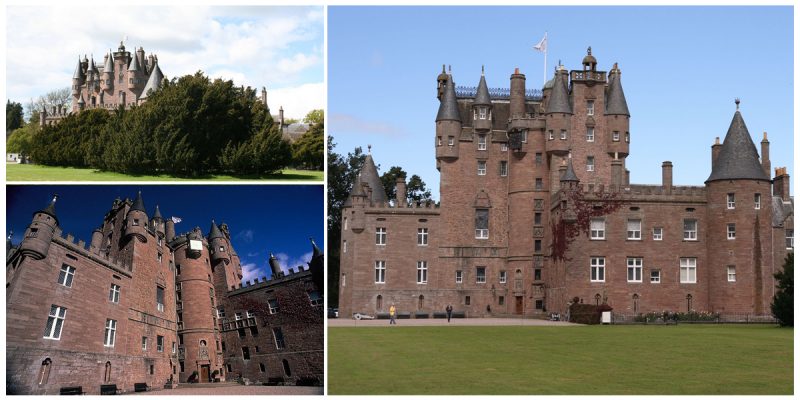Situated close to the village of Glamis, since 1372, Glamis Castle has been home to the Earl of Strathmore. There are many stories and legends surrounding it, and it is reputed as one of the most haunted places in the British Isles.
This family house was the childhood home of King George VI’s wife Queen Elizabeth, The Queen Mother and it is the birthplace of Princess Margaret. However, it is probably most famous for being the setting of Shakespeare’s Macbeth.
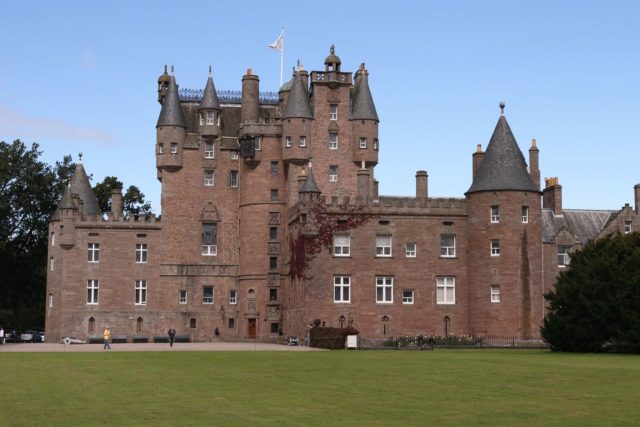
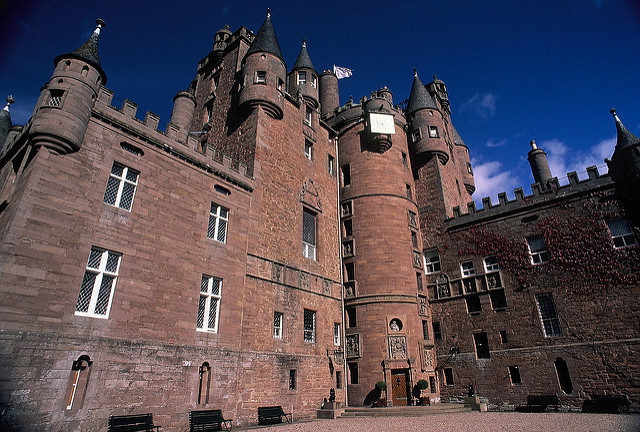
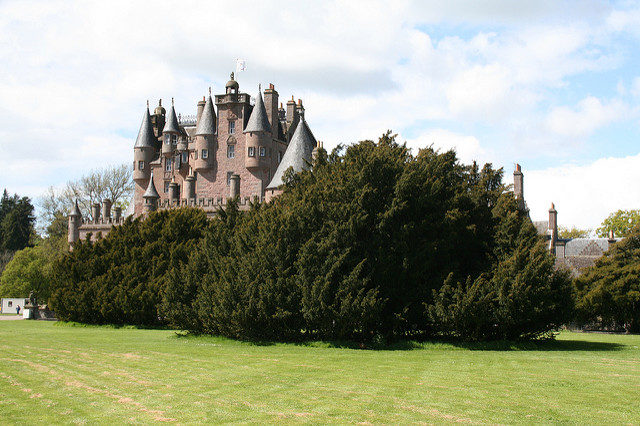
The site of the castle has traces of ancient civilizations – the most surprising discovery was the Eassie Stone, a Pictish carved stone found near the village of Eassie. In the play Macbeth, Glamis is the residence of the titular character, but in reality, there are no connections between the historical figure King Macbeth and the castle. In the 14th century, King Robert II of Scotland granted the building to his son-in-law Sir John Lyon.
It remained in the Lyons family, and it was rebuilt between the 15th and 20th centuries. Later, the title of Lord Glamis was created for Sir Patrick Lyon, the grandson of Sir John. The wife of the Scottish noblewoman Janet Douglas was accused of treason in 1528 because she brought people to Edinburgh that supported the Earl of Angus, a political enemy of King James V.
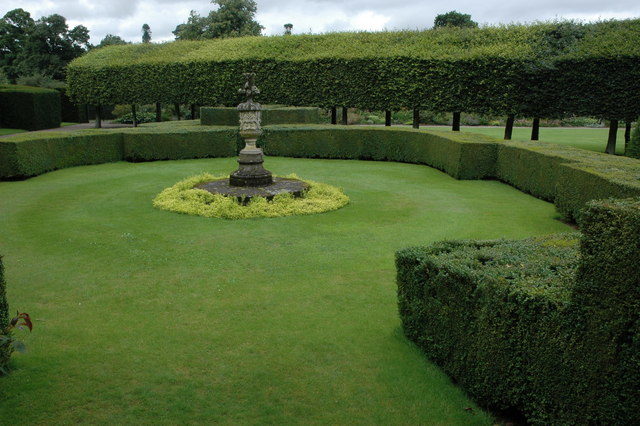
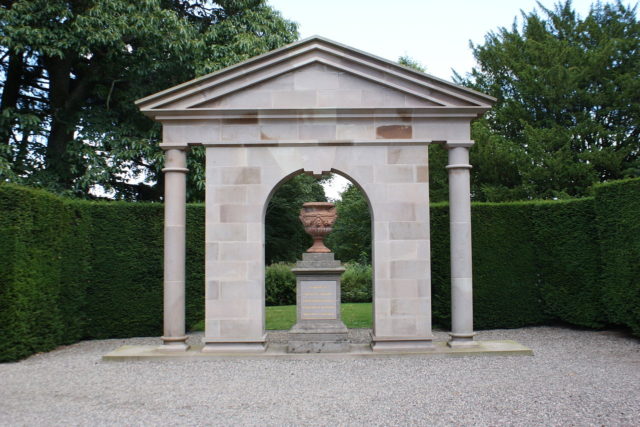
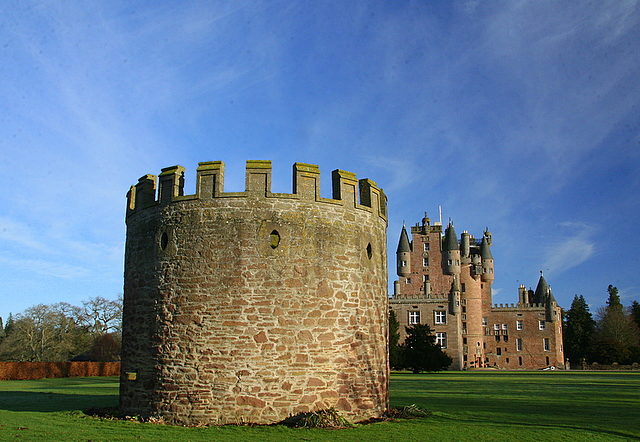
Accused of witchcraft, poisoning her husband, and conspiring to murder the king, she was burned at stake at Edinburgh Castle on 17 July 1537. In the 17th century, the castle was the home of Patrick Lyon. He made many renovations to the house and created a Baroque garden. In 1767, John Lyon, the 9th Earl of Strathmore, improved the grounds of the house in the picturesque style.
In the 19th century, the southwest wing of the castle had to be rebuilt because of damage caused by a fire. Lady Elizabeth Bowes-Lyon lived in the castle in the 1900s. At that time, the castle was used as a military hospital to treat soldiers injured in WWI. Today, the castle is the home of Simon Bowes-Lyon, the 19th Earl of Kinghorne and Strathmore.
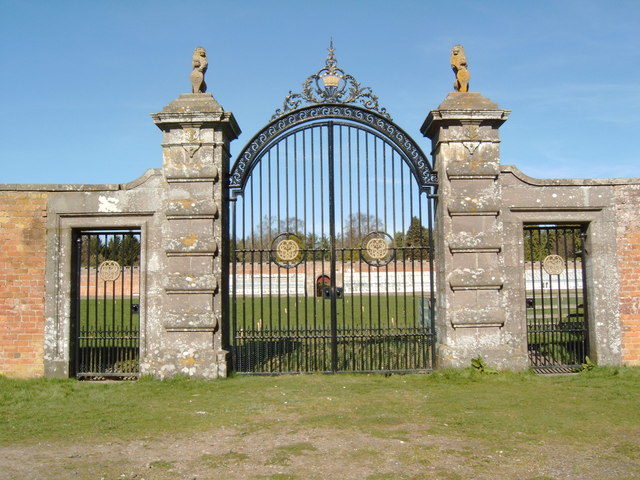
Of all the many stories and legends about the castle, perhaps the most famous is the Monster of Glamis. It is said that the monster was a deformed child that born into the family and kept in the castle. The Ogilvy family inspired this legend. Members of the Ogilvy Clan were hiding from their enemies the Lindsays in Glamis Castle’s famous room of skulls.
The whole room was walled up, and it is believed that they died from starvation. According to Wikipedia, today, the grounds of the castle are included in the national listing of significant gardens and the Inventory of Gardens and Designed Landscapes in Scotland. The castle is protected as a category A listed building.
